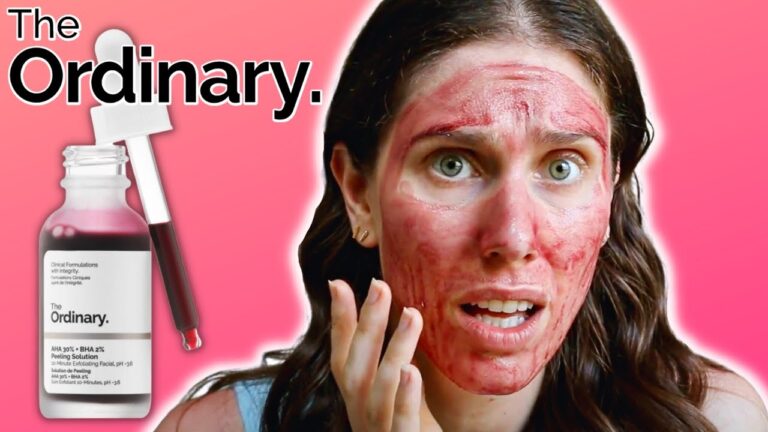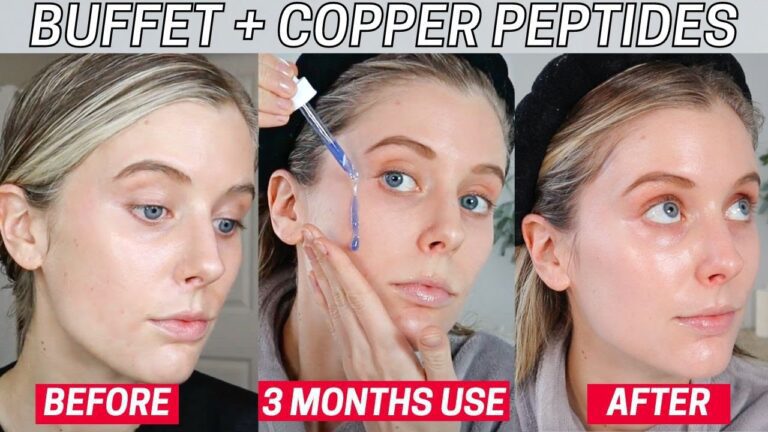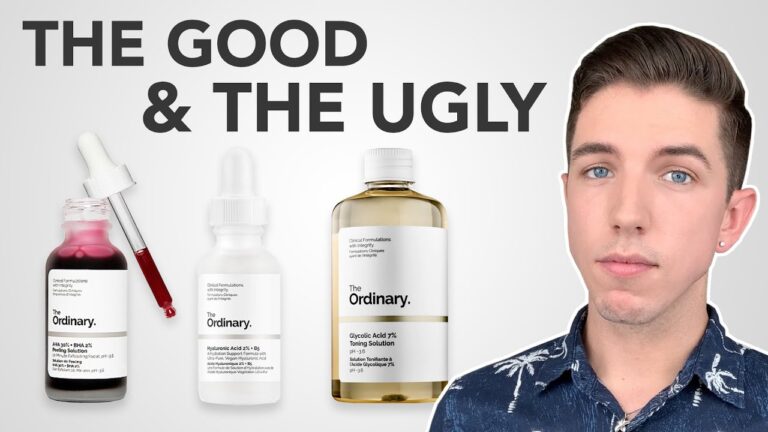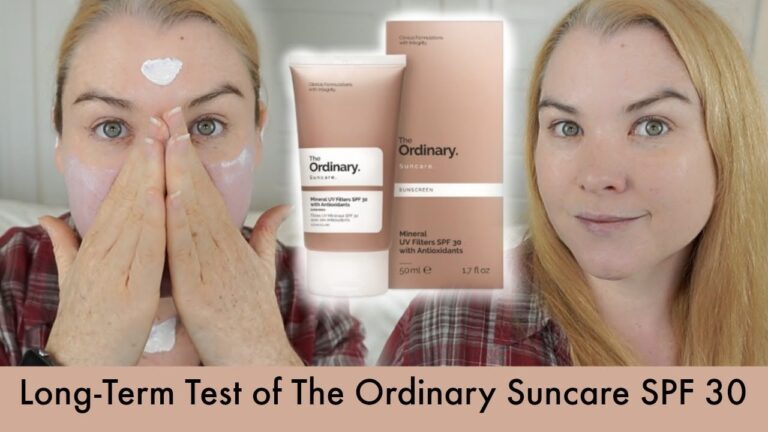The Ultimate Guide to Retinol: Benefits, Side Effects, and How to Use It
Retinol: The Secret to Youthful, Radiant Skin
If you’re like most people, you’ve probably heard the term “retinol” tossed around in conversations about skincare. But what exactly is retinol, and what makes it so special when it comes to keeping your skin looking youthful and radiant? In this article, we’ll explore the benefits of retinol, the different types available, and how to incorporate this powerhouse ingredient into your daily skincare routine.
First, it’s important to understand what retinol is and how it works. Retinol is a derivative of vitamin A, a powerful antioxidant that helps to reduce inflammation and neutralize free radicals. When applied topically to the skin, retinol has been shown to stimulate cell turnover, increase collagen production, and reduce the appearance of fine lines and wrinkles.
So, why is retinol so effective in anti-aging skincare? One of the key benefits of retinol is its ability to increase collagen production. Collagen is a protein that provides structure and elasticity to our skin, but as we age, our bodies naturally produce less of it. By boosting collagen production, retinol helps to firm and smooth the skin, reducing the appearance of fine lines and wrinkles.
Another benefit of retinol is its ability to improve skin tone and texture. Retinol helps to exfoliate the top layer of dead skin cells, revealing brighter, more even-toned skin underneath. Additionally, retinol can help to alleviate discoloration caused by sun damage or acne scarring.
When it comes to choosing the right retinol product for your skin, there are a few things to keep in mind. First, it’s important to start with a low concentration of retinol and gradually increase over time to avoid irritation. Look for a product with a concentration of 0.5% or lower to start, and only use it a few times a week at first.
In addition, it’s important to choose a stable form of retinol that won’t degrade and lose effectiveness over time. Look for products that use encapsulated retinol, which protects the ingredient from oxidation and degradation.
Finally, it’s important to use retinol correctly to avoid irritation or other negative side effects. Always apply retinol to clean, dry skin, and avoid using other active ingredients like AHAs or BHAs at the same time. Additionally, it’s important to wear sunscreen during the day, as retinol can make your skin more sensitive to the sun.
In conclusion, retinol is a powerful ingredient that can help to reduce the signs of aging and improve the overall health and appearance of your skin. By choosing the right product and using it correctly, you can incorporate this potent ingredient into your skincare routine to achieve youthful, radiant skin.
Some popular retinol products:
- The Ordinary Retinol 0.5% in Squalane
- Paula’s Choice Clinical 0.3% Retinol + 2% Bakuchiol Treatment
- RoC Retinol Correxion Deep Wrinkle Night Cream
- Neutrogena Rapid Wrinkle Repair Retinol Oil
The Different Types of Retinol
It’s worth noting that there are different types of retinoids available, each with their own unique benefits and drawbacks. Here is a brief overview of the most common types of retinoids:
- Retinyl palmitate: The most gentle form of retinoid, often found in over-the-counter skincare products.
- Retinol: A stronger form of retinoid that is still available over-the-counter.
- Retinaldehyde: A prescription-strength form of retinoid that is more potent than retinol.
- Tretinoin: The strongest form of retinoid, available only by prescription.
As always, it’s important to talk to your dermatologist before incorporating any new skincare ingredients into your routine, especially if you have sensitive skin or are prone to acne.
Retinol FAQs
Q: Can I use retinol if I have sensitive skin?
A: If you have sensitive skin, it’s important to start with a low concentration of retinol and gradually increase over time. You may also want to look for products with additional soothing ingredients like niacinamide or ceramides.
Q: Can I use retinol during pregnancy?
A: Retinol is not recommended for use during pregnancy, as it may increase the risk of birth defects. Consult with your doctor before using any skincare products during pregnancy or while breastfeeding.
Q: How long does it take to see results from using retinol?
A: Results from retinol use may take several weeks or months to become apparent, but with regular use, you should see improvements in skin texture, tone, and firmness over time.
Q: Can I use retinol during the day?
A: Retinol is best used at night, as it can make your skin more sensitive to the sun. Always use sunscreen during the day to protect your skin from UV damage.
Most searched products:
Does Sephora Support Israel? Answering Your Questions
The Ultimate Guide to Azealic Acid: Benefits, Uses, and Side Effects
Discover the Benefits of The Ordinary Botox for Your Skin
How Long Does Glycolic Acid Take to Show Results: Your Ultimate Guide
The Ultimate Guide to The Ordinary Colours Foundation: Reviews, Swatches, and Tips
The Perfect Order: When to Use Retinol and Niacinamide in Your Skincare Routine
The Ultimate Reviews of The Ordinary Peeling Solution
Your Essential Guide to The Ordinary SPF 50: Benefits, Ingredients, and Reviews
Say Goodbye to B.O with Glycolic Acid Deodorant: The Secret to Long-Lasting Freshness
Exploring the Wonders of The Ordinary Oxford Street: A Complete Guide













